The Importance of Regular Septic Maintenance
Septic systems are a vital component of properties lacking centralized sewage treatment. Regular septic maintenance is crucial for ensuring these systems operate efficiently and safely, protecting both the environment and property investments. Neglecting septic systems can lead to environmental degradation, costly repairs, and a decline in property value. With proper maintenance, septic systems can operate reliably for many years. This article will explore the intricacies of septic systems and emphasize the importance of regular upkeep while highlighting the role of a local septic company.
How the Components of Septic Systems Work
How a Septic Tank Functions
A septic system is an underground wastewater treatment structure commonly used in areas without centralized sewer systems. It consists of a septic tank and a soil absorption field, or drainfield. The tank holds the wastewater long enough for solids to settle and oils to float. It then discharges the treated water into the drainfield for further filtration. Proper understanding of these components is essential for homeowners to maintain their systems effectively. A septic company can provide guidance and inspections to ensure each component functions properly.
How Different Types of Septic Systems Operate
There are several types of septic systems, each designed to meet specific environmental conditions and space requirements. Conventional systems use a series of perforated pipes to distribute effluent into the drainfield. Chamber systems replace traditional gravel trenches with hollow, open-bottom chambers. Drip distribution systems deliver effluent through small diameter pipes, allowing for better coverage over uneven terrain. Working with a local septic company can help determine which system type best suits a property’s needs.
How Septic Systems Process Wastewater
Septic systems function by moving wastewater from homes into the septic tank where solids and lighter materials separate. The clarified water then flows into the drainfield, where it percolates through the soil, which naturally treats and purifies the wastewater. The soil acts as a biological filter, removing harmful bacteria and nutrients. This process requires the system to be properly sized and maintained. Regular monitoring by a septic company ensures effective operation and longevity while preventing environmental contamination.
How Regular Septic Maintenance Benefits Your Property and the Environment
How Regular Maintenance Prevents System Failures
Regular maintenance of septic systems is essential for preventing costly failures and environmental damage. By routinely inspecting and servicing the system, potential issues can be detected early before they escalate. This proactive approach avoids unexpected system breakdowns and significant repair expenses. Moreover, it ensures the system continues to function efficiently and safely. Engaging a septic company for inspections and servicing provides homeowners with professional oversight and peace of mind.
How Regular Maintenance Protects the Environment
Properly maintained septic systems play a critical role in protecting the local environment. They effectively treat and dispose of household wastewater, preventing contaminants from entering the groundwater. Homeowners can rely on a local septic company to implement measures that protect the environment effectively.
How Regular Maintenance Preserves Property Value
A well-maintained septic system is integral to preserving property value. Potential homebuyers recognize the importance of functional wastewater systems, and a neglected septic system can deter offers. Conversely, documented maintenance history serves as a positive selling point, offering reassurance to prospective buyers. Homes with reliable septic systems often command higher resale prices. Scheduling regular maintenance with a septic company enhances property investment and helps avoid future complications.
How to Maintain a Septic System
How to Conduct Regular Inspections
Routine inspections are fundamental to effective septic system maintenance. Professionals assess key components, including the tank, pipes, and drainfield, identifying any signs of wear or damage. These evaluations help prevent minor issues from turning into major problems. Inspections also provide an opportunity to assess the system’s functionality and make necessary adjustments. Partnering with a septic company ensures inspections are thorough and effective.
How Often to Pump a Septic Tank
Pumping is a core maintenance task, essential for removing solids from the septic tank. The recommended frequency varies based on system size and household water usage, typically ranging from every three to five years. Regular pumping prevents solids from clogging the drainfield and causing system failures. Homeowners should follow professional guidelines for pumping schedules to ensure optimal performance. Consulting with a septic company helps maintain a proper pumping routine that prolongs system life and reduces repair costs.
How Water Efficiency Affects a Septic System
Promoting water efficiency is crucial for maintaining septic system health. Excessive water usage places undue strain on the system, potentially leading to premature failure. Implementing water-saving practices, such as fixing leaks and using high-efficiency fixtures, can alleviate this stress. According to the EPA, up to 30% of household water use goes towards flushing toilets. Homeowners working with a local septic company can receive guidance on water conservation strategies that support sustainable system operation.
How to Handle Septic Components Properly
Maintaining a septic system requires careful attention to its components. Homeowners should avoid introducing harsh chemicals or non-biodegradable materials that can harm the tank or drainfield. Professional services offered by a local septic company can guide proper system care, ensuring longevity and efficiency. Regular guidance ensures the system continues functioning safely and effectively.
How to Keep Accurate Maintenance Records
Keeping detailed records of septic system maintenance activities is a vital practice. Documentation provides a history of inspections, pumping, and repairs, assisting in future decision-making. These records also serve as proof of upkeep when selling the property, boosting buyer confidence. Organizing maintenance information ensures compliance with local regulations and requirements. A septic company can help maintain accurate records, providing homeowners with a reliable maintenance history.
How to Manage Common Septic System Issues
How to Identify and Address Drainfield Problems
Drainfield issues can arise from various factors, including soil compaction and system overloading. Identifying these problems early is crucial to prevent costly damage. Common symptoms include slow drainage, unpleasant odors, and surface pooling of wastewater. Solutions may involve reducing water usage, improving soil aeration, or repairing damaged distribution lines. Consulting with a septic company helps address these issues promptly, ensuring continued system effectiveness.
How to Prevent and Fix Clogs and Backups
Clogs and backups are common septic system challenges, often resulting from improper waste disposal. Non-biodegradable items, excessive grease, and chemicals can cause blockages in pipes and drainfields. Regular maintenance and mindful waste disposal help prevent these issues. Homeowners can install effluent filters and educate household members on proper waste management. Engaging a septic company can prevent clogs and backups while protecting the system from unnecessary stress and failure.
How to Prevent and Treat Tree Root Intrusion
Tree roots pose a significant threat to septic system integrity, as they can penetrate and obstruct pipes and tanks. Homeowners should monitor the growth of nearby trees and shrubs, anticipating potential root intrusion. Strategically planting vegetation away from the septic system can prevent future complications. Regular root removal and barrier installations may be necessary for existing threats. Working with a local septic company minimizes root-related damage and extends system lifespan.
How to Comply with Regulations and Protect Local Ecosystems
How to Meet Local and Federal Regulations
Septic system owners must comply with local and federal regulations governing wastewater treatment. These guidelines are in place to protect public health and the environment. Homeowners should familiarize themselves with applicable regulations, including installation standards and maintenance requirements. Adhering to these regulations minimizes legal and environmental risks. A septic company can assist in ensuring all maintenance and repairs meet regulatory expectations.
How to Minimize a Septic System's Impact on Local Ecosystems
Septic systems interact closely with local ecosystems, impacting water quality and soil health. Properly functioning systems promote ecosystem balance by preventing contaminants from reaching natural resources. However, failing systems pose risks to aquatic and terrestrial habitats, threatening biodiversity. Homeowners play a vital role in maintaining this balance through diligent maintenance practices. Consulting with a septic company helps promote environmental stewardship and sustainable system management.
Regular septic maintenance is key for protecting both your property and the surrounding environment. By following best practices and scheduling routine inspections, homeowners can prevent costly issues and ensure their systems operate efficiently for years to come. Proper care supports safe wastewater management and contributes to overall community health. For reliable septic services and guidance, residents can turn to Chase Harris Septic Services to learn more about our inspections, pumping, and repairs. Partnering with a local septic company like Chase-Harris Septic Service ensures our systems continue functioning safely and effectively while safeguarding our communities.


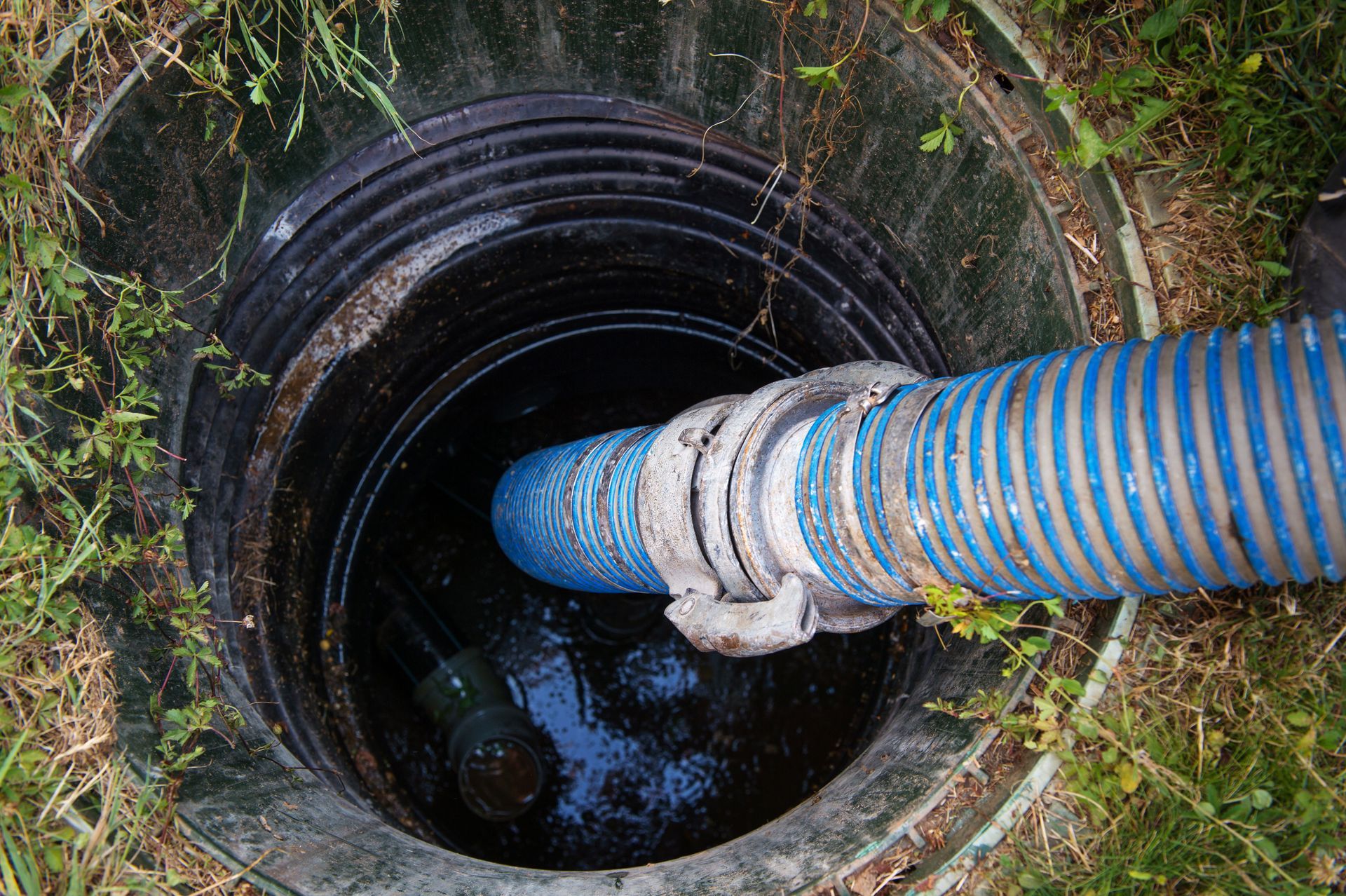
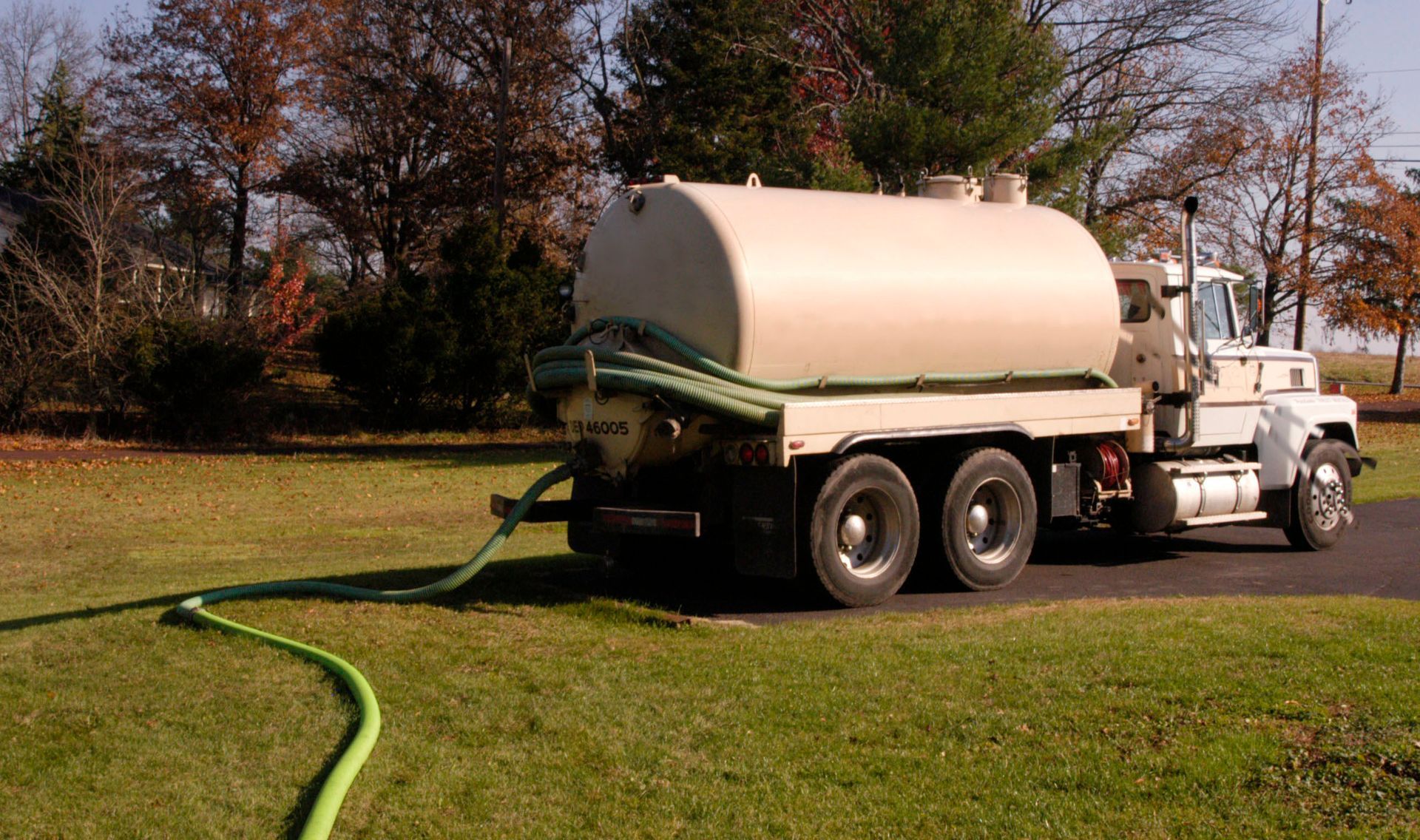
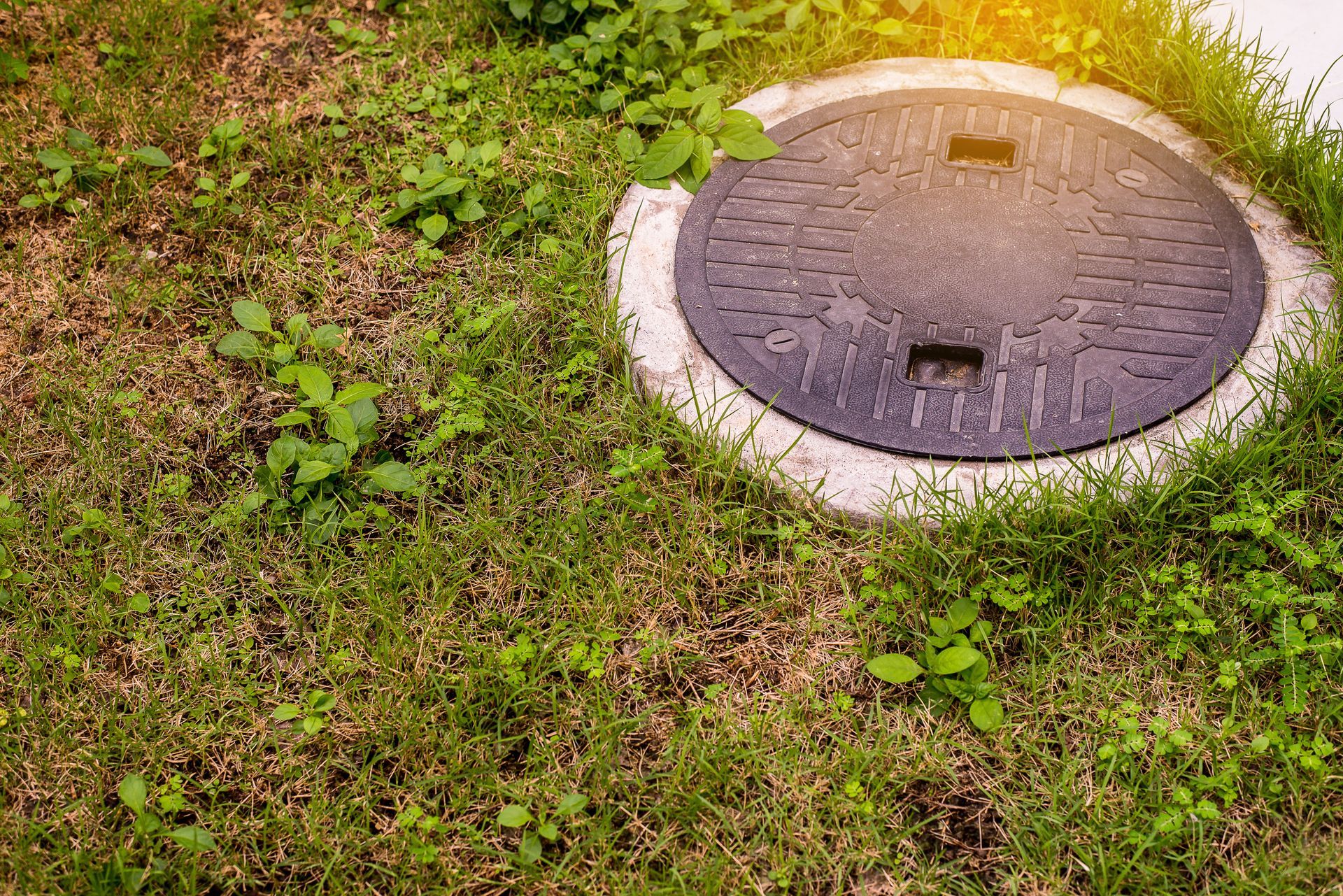
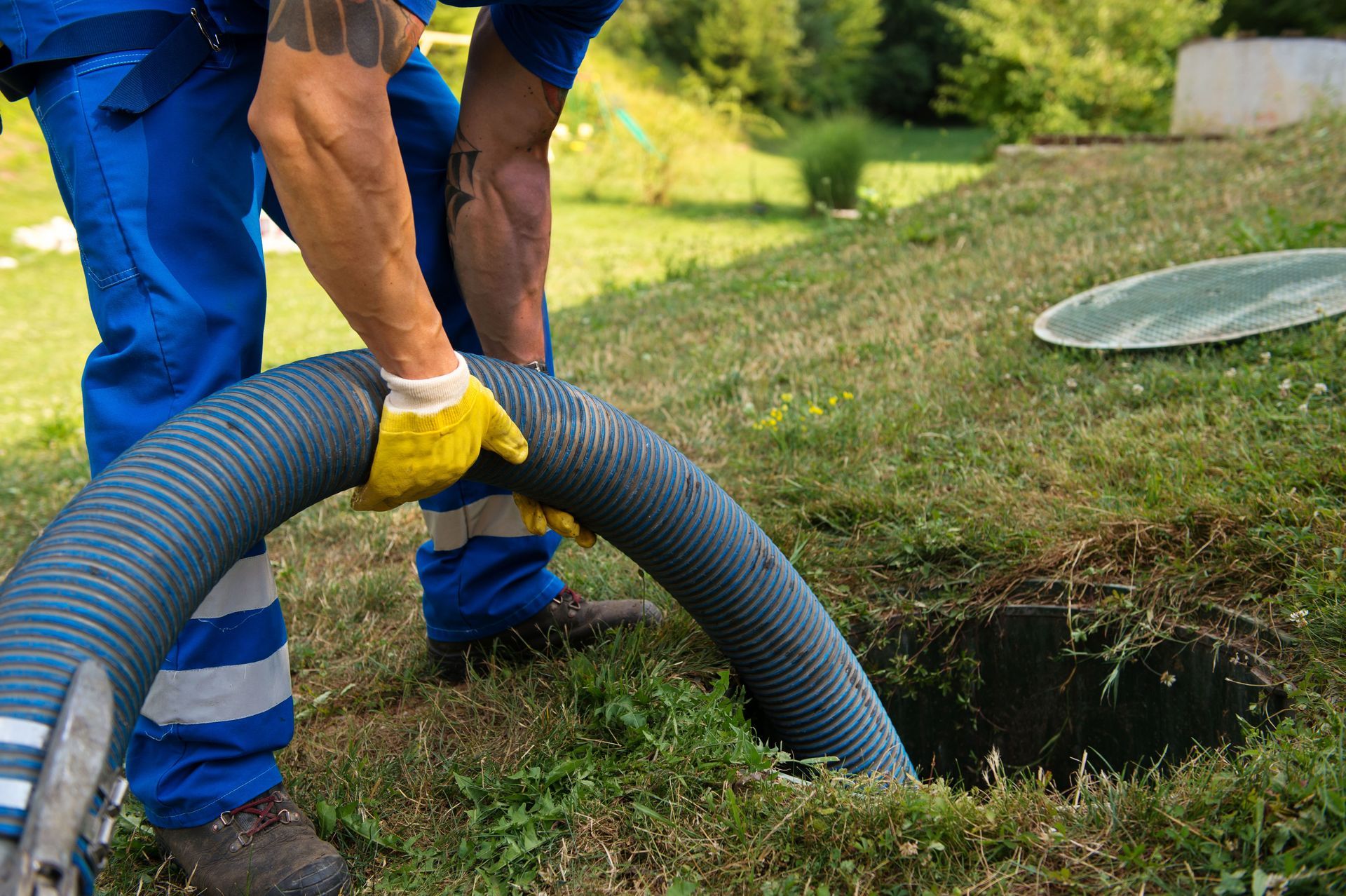
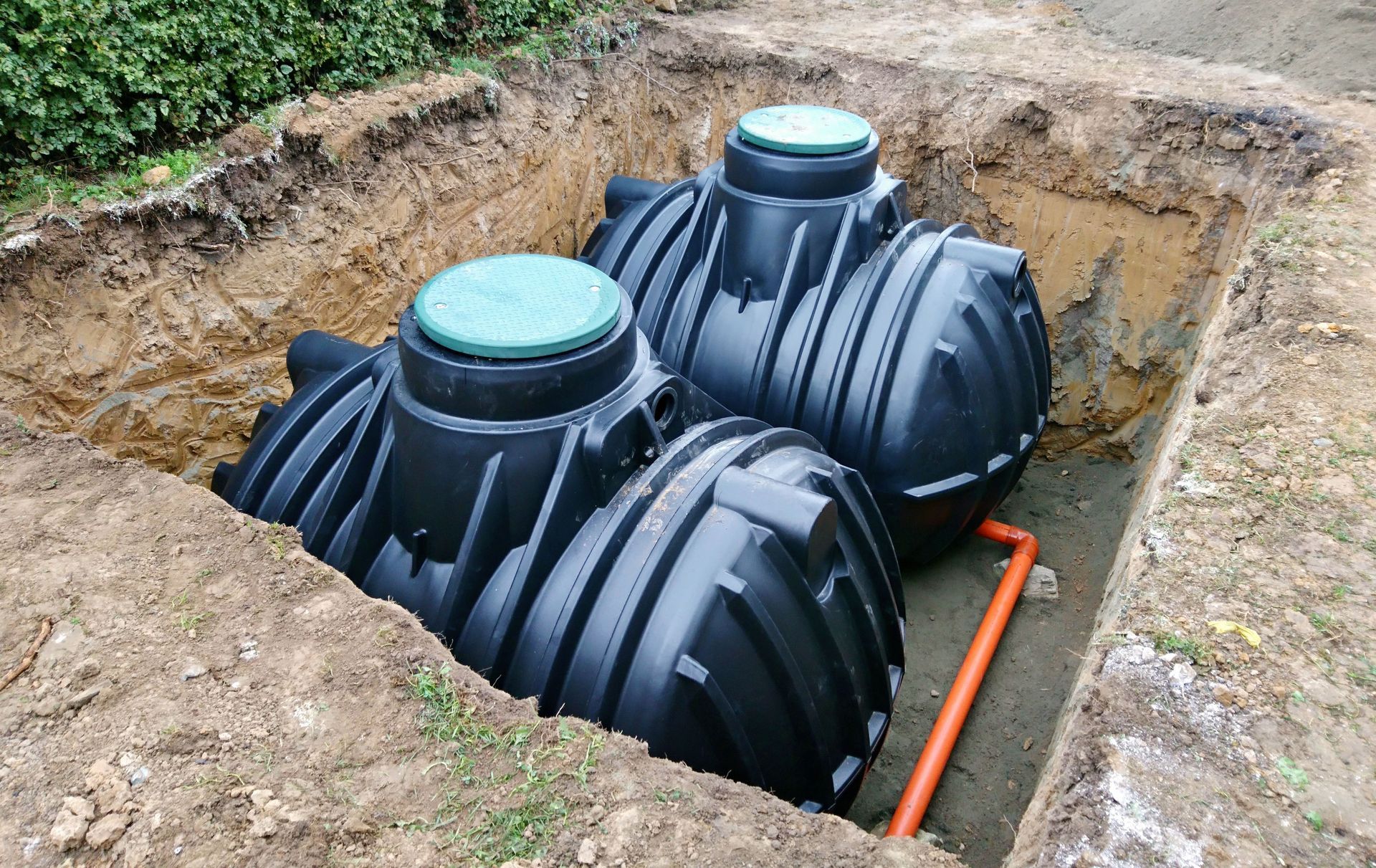
Share On: